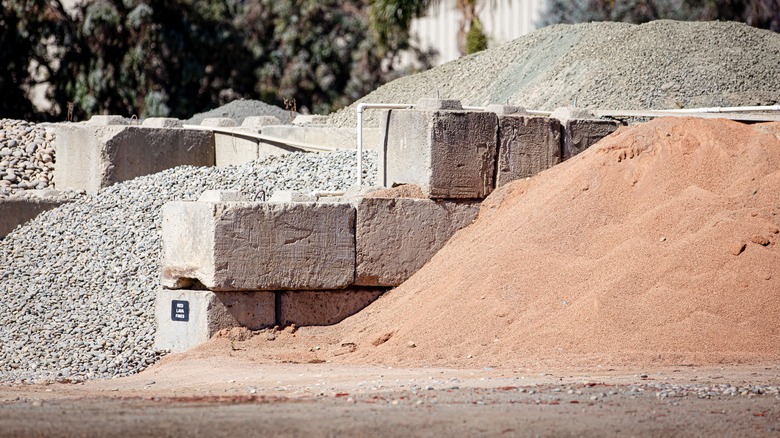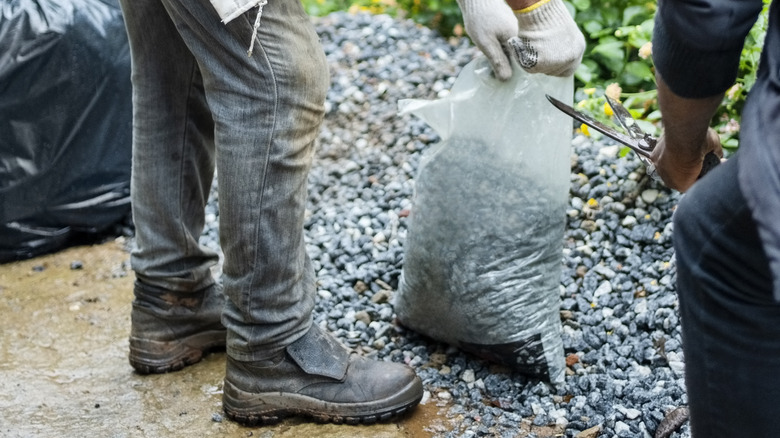Large Gravel Vs Small Gravel: How To Find The Right Fit For Your Home Project
If you're trying to refine the pathways in your garden, give your driveway a much-needed upgrade, or establish a no-lawn garden, you've probably considered using gravel in your outdoor projects. You may already be aware that there are many different types of gravel to consider, but did you know that there are also different sizes of gravel within each type? Some may categorize gravel into categories, such as fine gravel, medium gravel, and coarse gravel, based on the average diameter of the stones. Gravel can range anywhere between 1/16 of an inch and 4 inches in diameter and may also be classified with a simple number from 1 to 10, used to indicate the size of the screen sieve it can sift through. In general, smaller gravel between #7 to #9 is more affordable and ideal for footpaths, while larger gravel around #3 to #7 can be more expensive but is better for vehicle driveways or decorative garden beds.
When you're trying to finish a home project, all of this might seem somewhat unimportant, but each size range of gravel stones can lend itself to some specific applications around your home. To determine the perfect gravel size for your project, you'll need to think about the purpose of your gravel and the size of the "footprints" that will be traveling on it — if it is a pathway. Here are the major differences between varying gravel sizes and why some stones are better suited for certain projects than others.
Small gravel for footpaths, large gravel for driveways and décor
Overall, small gravel sizes are usually less expensive and easy to find at your local landscaping retailer. For example, small rounded pebbles known as pea gravel are commonly used for pathways because they create a smooth feel underfoot. Slightly larger than pea gravel, crushed stone is another option that can be messier and more jagged than natural gravel but provides good traction. Coarse gravel stones can be more expensive and harder to source. While they aren't ideal for footpaths where you could roll an ankle, they can be perfect for driveways because vehicle tires have a bigger "footprint." Coarse gravel is durable enough to support the weight of a vehicle without sinking or getting caught in the tire treads and can be mixed with clay or sand to give it even more smoothness and stability. Gravel driveways are also cost-effective, but you need to know about their drawbacks, too, including their ability to shift or sprout weeds over time.
Of course, other purposes for gravel exist. If you're filling a rock garden or garden bed, you can opt for even larger or more irregular stones, like river rocks, marble chips, or even lava rock. This is where the gravel stones up to 4 inches in diameter may come into play. Extra large gravel like this is also a good solution for decoration or areas that need improved drainage, as the larger rocks won't be washed away so easily when it rains. However, you should still think twice before adding rocks and gravel to the bottom of your planters because it can allow too much soil to slip through.

